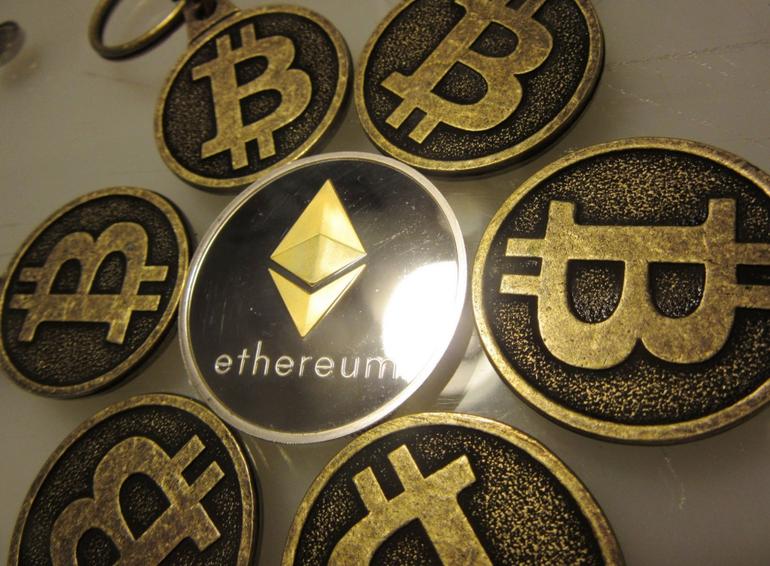Insiders suggest the technology could have a key role in a variety of real estate applications.
A few years ago, Alexandra Kramer was midcareer as a successful real estate and securities lawyer when her husband asked her an unexpected question:
“Have you ever thought about going back to school?”
The partner at CKR Law, an international firm with dozens of global offices, was befuddled. A graduate of Barnard College, she had already earned a law degree from the University of Pennsylvania and a master’s in real estate from New York University.
“Why would I ever need to go back to school?” she asked.
“Thanks to blockchain,” her husband told her, “we may not need lawyers anymore.”
She had never heard of blockchain, but starting that evening, she made it a point to find out about it.
Blockchain, Kramer learned, is a digital network technology that acts as a self-auditing ledger, creating an ironclad record of transactions and value.
Theorized since the early 1990s, it was given first life in 2008 as a key component of Bitcoin, a digital currency launched by an anonymous group online. Instead of backing from a government that attests to its legitimacy, the currency works by using a transparent public record to guarantee that all users will agree who owns how much of it.
To ensure that users can’t create counterfeit value or spend Bitcoin they don’t have, the network uses encryption to ensure that the chain of ownership is incorruptible.
Today, real estate professionals from brokers to bankers and lawyers to title insurers are having their own blockchain moment, increasingly attuned to the digital ledger infrastructure’s potential to reshape industry. Alerted to the technology’s promise by a plethora of hungry startups, a successful pilot program in Chicago and mainstream business headlines about Bitcoin, industry forward-thinkers are learning about blockchain’s potential with a mix of excitement and apprehension.
“We’ve had a lot of entrepreneurs who have woken up to this intersection” between blockchain and real estate, said Ragnar Lifthrasir, the chief executive officer of real-estate startup velox.RE. “There’s so much more to come.”
Lifthrasir believes that blockchain’s ability to serve as a trusted public ledger will make the technology a linchpin of tomorrow’s real estate industry.
“Right now, it’s pretty easy to fraudulently transfer real estate ownership,” the entrepreneur said. If blockchain did the job instead, “you would have to create counterfeit blockchain” to pull off a scam, he explained. “As far as we know, that’s never been done. It’s much easier to counterfeit a paper real estate document than a blockchain.”
Source: In Real Estate’s Next Act, Blockchain Threatens to Take Center Stage – Commercial Observer


















